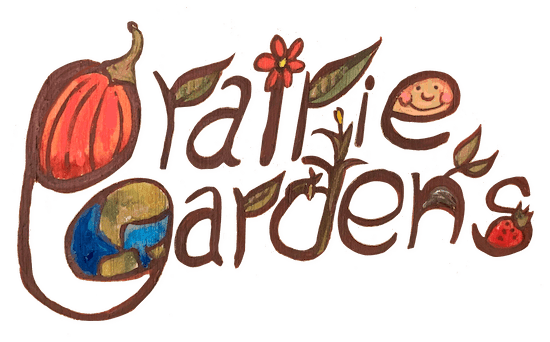Junior Leadership Program
Recommended for Grades 3-12Available: Year Round with Seasonal Adaptations
Most teachers are able to take at least one field trip each year. My experience with such off-site visits, coupled with research on the topic, suggests that field trips can be powerful education tools.
Done right, field trips can be a powerful component of a well-rounded instructional program. If I were asked to quickly list some instructional tools for teachers, I'd rattle off questioning strategies, concept mapping, and computers—but I doubt that field trips would pop to mind. Many educators don't take field trips seriously because we associate them with fun. They also have their drawbacks: They're costly, logistically involved, extravagant with time, and contain an element of uncertainty.
No wonder kids like them so much!
Justifying Field Trips
Field trips offer a crucial advantage: They bring balance to the curriculum. A visit to a working farm has a natural fit with science, history, agriculture, social studies, biology, climate change, and the arts, subjects that have been marginalized by our current focus on basic skills. Teachers need to take advantage of the opportunities for cross-disciplinary learning during the field trip. Teachers who build in current affairs, math, science, social studies, and literacy activities around their field trips are impressed with this program.
The program costs (plus GST) are as follows:
- $16.00 for a 1.5 hour program. Up to 150 students per reservation/day.
- $20.00 for a 2.5 hour all-day program. Up to 150 students per reservation/day.
Similar to the ‘big buddy’ system in elementary schools, our Junior Leaders act as positive role models in their communities. This is a wonderful opportunity for this age group to develop communication skills and leadership qualities in a safe, familiar environment. You can choose the style of Leadership Program that best suits your students - choose Buddy Up (two grades/age groups, so that the older group can lead the younger group in activities) or Same Grade (peers to lead each other in activities).
The Junior Leadership Program is all-inclusive - connecting the dots between local food, climate change, working together, and active citizenship, and has the added advantage for students to connect to a local farm and workplace for future employment and work experience.
- Exploring Team Work
- Mastering Active Citizenship
- Introduction to Leadership
Leadership skills
- Teamwork
- Communication skills
- Awareness of self and others
- Goal-setting and Problem-solving
- Being an active participant/good citizen
OPTIONAL: Farm to Table Harvest & Lunch (recommended for grades 6-12)
Students will work in complementary teams to harvest and prepare lunch for each other to eat and enjoy. Includes private lunch seating area. Choose from the following meal options:
- Long-table Salad $10/meal. Students will harvest and sample a selection of edible flowers, mustards, sprouts, and other greens. They will then help wash and prepare the greens, learn how to make quick pickles and a salad dressing, and then plate the salads to enjoy. Students will work in teams, so one team will prepare a meal for another, and so on. Includes one beverage per student.
- Wood-Fired Pizza $15/meal. Students will harvest and sample various toppings for their pizzas (kale, heirloom tomatoes, potatoes, peppers, etc.). They will then help wash and prepare the toppings, learn how to make pizza sauce and dough, and then help make pizzas and watch them cook in a wood-fired pizza oven). Includes one beverage per student.
- COMBO $25/meal. Students will make and enjoy both a salad and pizza. See above for descriptions. Includes one beverage per student.
Junior Leadership Program Break-Out Sessions
1. Exploring Team Work
Junior Leaders will focus on building skills that will support them to work effectively within a team! As a team, they will work together to accomplish our Amaizing Farm Race, which features a series of team-building challenges. The challenges are seasonal and reflect the realities of a working farm.
2. Mastering Active Citizenship
Junior Leaders will focus on and discuss ways they can be actively involved in both their local and global communities from a local food/climate change perspective. Globalism vs localism, sustainable urban agriculture, and local action plan ideas (ie Save the Bees) for students to take home to address climate change will be developed.
3. Introduction to Leadership as Work Experience
As Junior Leader participants work together to solve the Amaizing Farm Race, they will have to meet the requirements of different Race judges who will be looking for different leadership qualities. Junior Leaders will also have the opportunity to volunteer at the farm on the weekends or during the summer and put their newfound leadership skills to the test!
